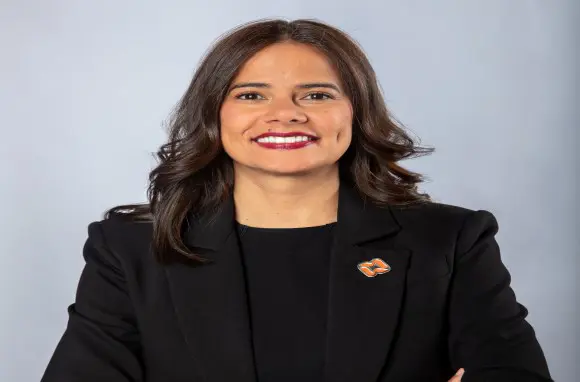How to save and pay off debt at the same time
15 AUGUST 2023
Student loans, credit cards, mortgages, vehicle debt - need we go on? A lot of people have various amounts of debt. And like many others, you may be working hard to pay off your debts while simultaneously attempting to save money for emergencies and for your retirement. Even if you're confident in your abilities, juggling so many demands may be frustrating.
A lot of people have various amounts of debt. And like many others, you may be working hard to pay off your debts while simultaneously attempting to save money for emergencies and for your retirement. Even if you're confident in your abilities, juggling so many demands may be frustrating.
Here’s a step-by-step guide in the hopes of assisting you in making an informed decision on where to begin.
First - Always, and always pay your debts on time
Always pay your bills on time. This will keep your credit score in a good place. Maintaining a good credit score is essential to being able to be trusted by lenders in future. If you don’t, your debts may spiral out of control, resulting in compounded interest charges.
Second - Start working on a financial cushion
After you've met your basic essentials, it's time to start saving. When you're just getting started, it's a good idea to set a goal for yourself. Aiming for your savings to reach the value of one month's rent is a good place to start. In the beginning, don't put too much pressure on yourself; it's just like learning a new habit. If you do this, you won't have to worry about racking up additional debt or skipping out on debt payments even if minor setbacks occur.
Third - Take full advantage of your employee’s benefits
Sometimes employers will match employee’s contributions to their retirement funds, or offer special medical and benefits. Make sure you are taking full advantage of such offerings.
Fourth - Tackle the credit card
If you have outstanding balances on any of your credit cards, now is the time to begin paying more than the minimum payments due each month to reduce your total debt. It is critical to get rid of this high interest debt in order to avoid being trapped by revolving debt.
What happens if you owe money on more than one credit card at the same time? In such a scenario, prioritise paying down the one with the highest interest first, followed by the second, and so on. When you've paid off your credit cards in full, get in the habit of paying down your remaining balances every month.
Fifth - Time to stack up that emergency funds
Next up is your emergency savings or rainy-day fund. These funds should be kept in a reasonably easy-to-access account, so that they may be accessible as and when necessary.
Remember that this money is your safety net in case you lose your job, have a medical emergency, or run into a curveball, so don't worry if it seems like a lot to keep accessible.
Things to Keep in Mind
- The biggest stumbling block when it comes to debt reduction is a lack of planning. So put a solid plan in place. A smart strategy will help you put your money to good use.
- Use low-interest credit cards to consolidate your bills. If you don't want to transfer your debts, ask your credit card provider to match a competitor's interest rate.
- Make a payment schedule and stick to it. Speak with a professional if you need assistance.
Although there isn’t a magic wand to wave it all away, we hope we’ve conveyed some financial wisdom to help you achieve your goals.
MORE ARTICLES ABOUT
RELATED ARTICLES

Education
28 AUGUST 2025
SA Research: How Parents Impact a Child’s Financial Intelligence

Education
12 JUNE 2025
Cultivating Tomorrow's Leaders: Equipping Young South Africans for Life’s Challenges

Education
28 MARCH 2025
